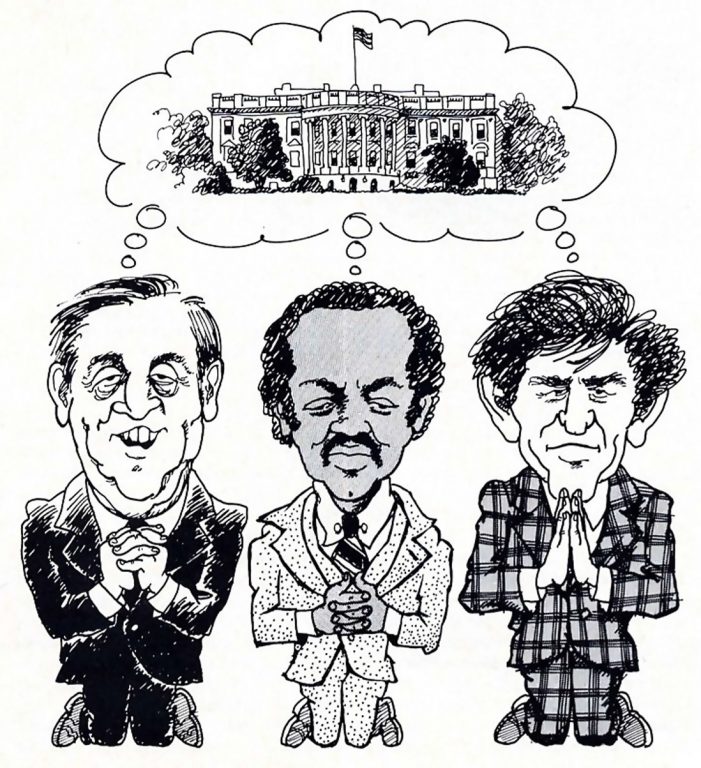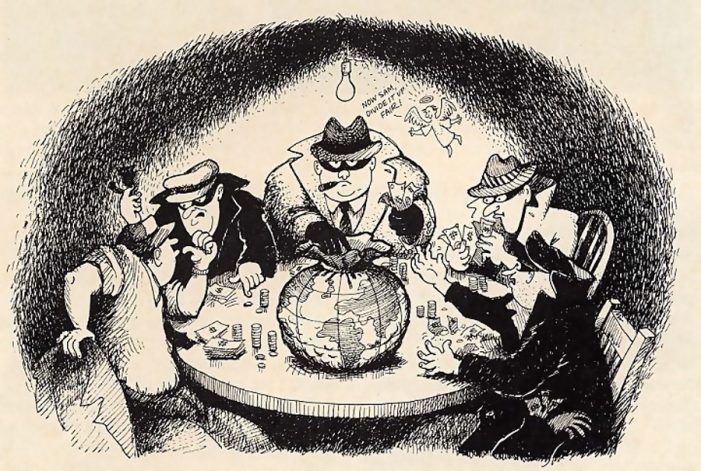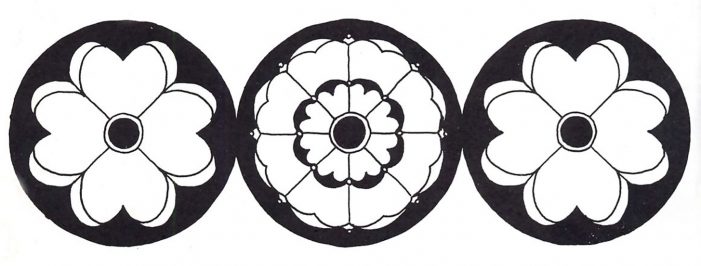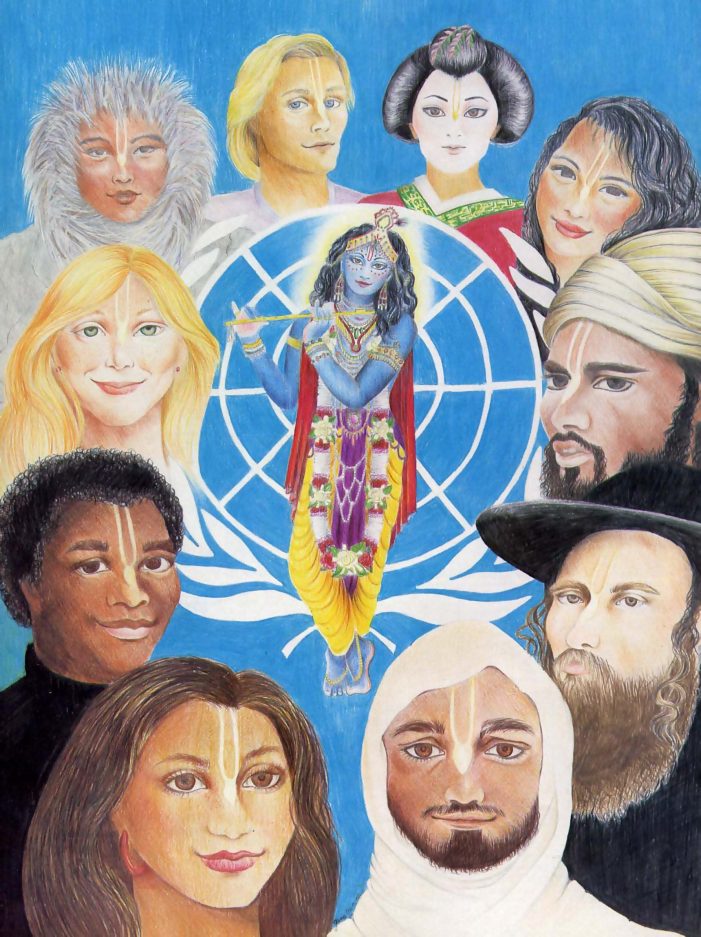When Legislation Fails
The election year has ended, but the debates continue. And one of the most controversial issues is the role of religion in government. The Hare Krsna movement takes no side in the political battle, but it can offer thoughtful advice to help solve a complex problem.




